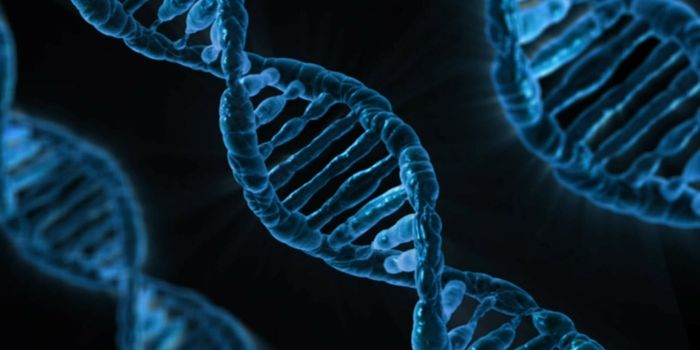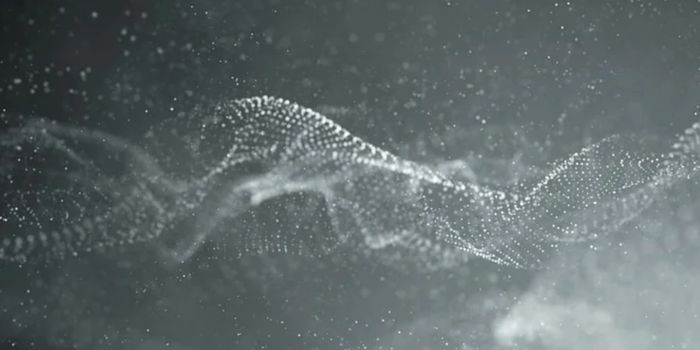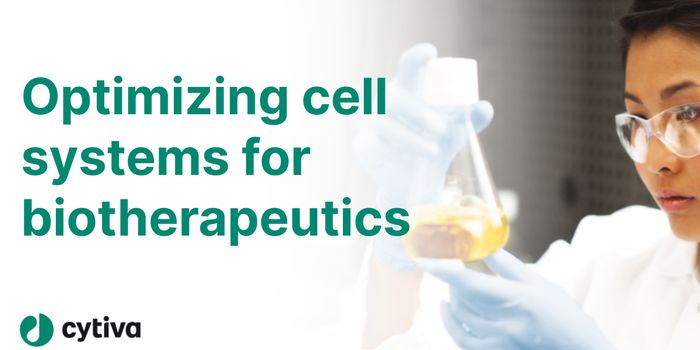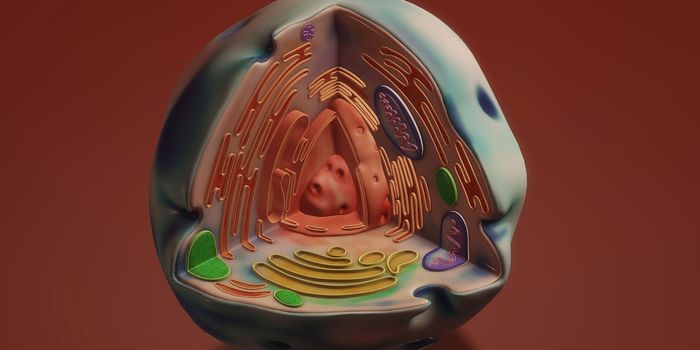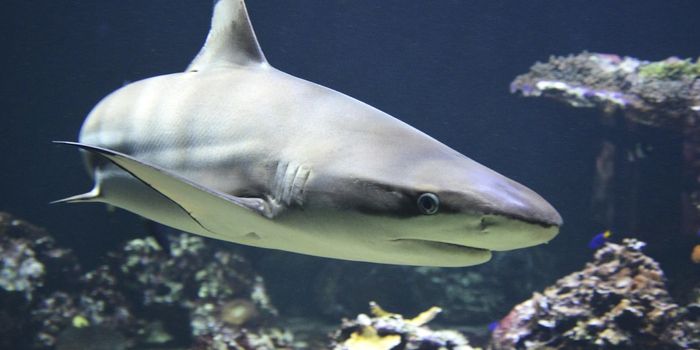Diagnosing Cancer by Looking for Microbial DNA in the Blood
Liquid biopsies aim to diagnose a disease with only a bit of biological fluid, usually blood. Clinicians can use liquid biopsies for certain types of cancer diagnosis, or for monitoring how cancer therapeutics are working. They often rely on the detection of genetic signatures that are associated with cancerous tumors. Now researchers have created a new approach in this area that relies instead on identifying microbial species that are present in the blood.
Reporting in Nature, scientists at the University of California San Diego (UCSD) have shown that an analysis of the patterns of bacterial and viral DNA found in a person's blood can indicate whether or not a person has cancer, and if they do, what type of cancer it is.
“Almost all previous cancer research efforts have assumed tumors are sterile environments, and ignored the complex interplay human cancer cells may have with the bacteria, viruses and other microbes that live in and on our bodies,” said the corresponding author of the study, Rob Knight, Ph.D., the professor and director of the Center for Microbiome Innovation at UCSD. “The number of microbial genes in our bodies vastly outnumbers the number of human genes, so it shouldn’t be surprising that they give us important clues to our health.”
The Cancer Genome Atlas, created by the National Cancer Institute, contains genetic data from tumors taken from thousands of cancer patients. The scientists began by looking at the microbial DNA in the database. They identified links between cancer types and microbes, some of which were unsurprising, for example, human papillomavirus (HPV) was connected to cervical, head, and neck cancers. But other associations, such as the presence of Faecalibacterium bacteria distinguishing colon cancer from other types, weren't expected.
Machine learning was used to connect specific microbial patterns and cancer types. Using a sample of blood from a patient, the microbial DNA in the sample could be identified. Computational tools could then identify what type of cancer the patient had.
The researchers validated their method in a small clinical study.; it consisted of 59 prostate cancer patient volunteers, 25 lung cancer patient participants and 16 volunteers with melanoma, along with a group of 69 healthy controls.
Most people that had cancer could be differentiated from those without cancer by the machine learning tool. People without lung disease could be identified 100 percent of the time, while lung cancer was identified 86 percent of the time. The method was able to tell the difference between the types of cancer most of the time as well. There is still room for improvement, but this study shows that it may soon be possible to diagnose cancer without invasive biopsies.
“The ability, in a single tube of blood, to have a comprehensive profile of the tumor’s DNA (nature) as well as the DNA of the patient’s microbiota (nurture), so to speak, is an important step forward in better understanding host-environment interactions in cancer,” said study co-author Sandip Pravin Patel, MD, a medical oncologist and co-leader of experimental therapeutics at Moores Cancer Center at UC San Diego Health.
“With this approach, there is the potential to monitor these changes over time, not only as a diagnostic, but for long-term therapeutic monitoring. This could have major implications for the care of cancer patients, and in the early detection of cancer, if these results continue to hold up in further testing.”
Learn more about liquid biopsies from the video above, and about how microbes are connected to cancer from the video below.
Sources: Science Daily via UCSD, Nature


